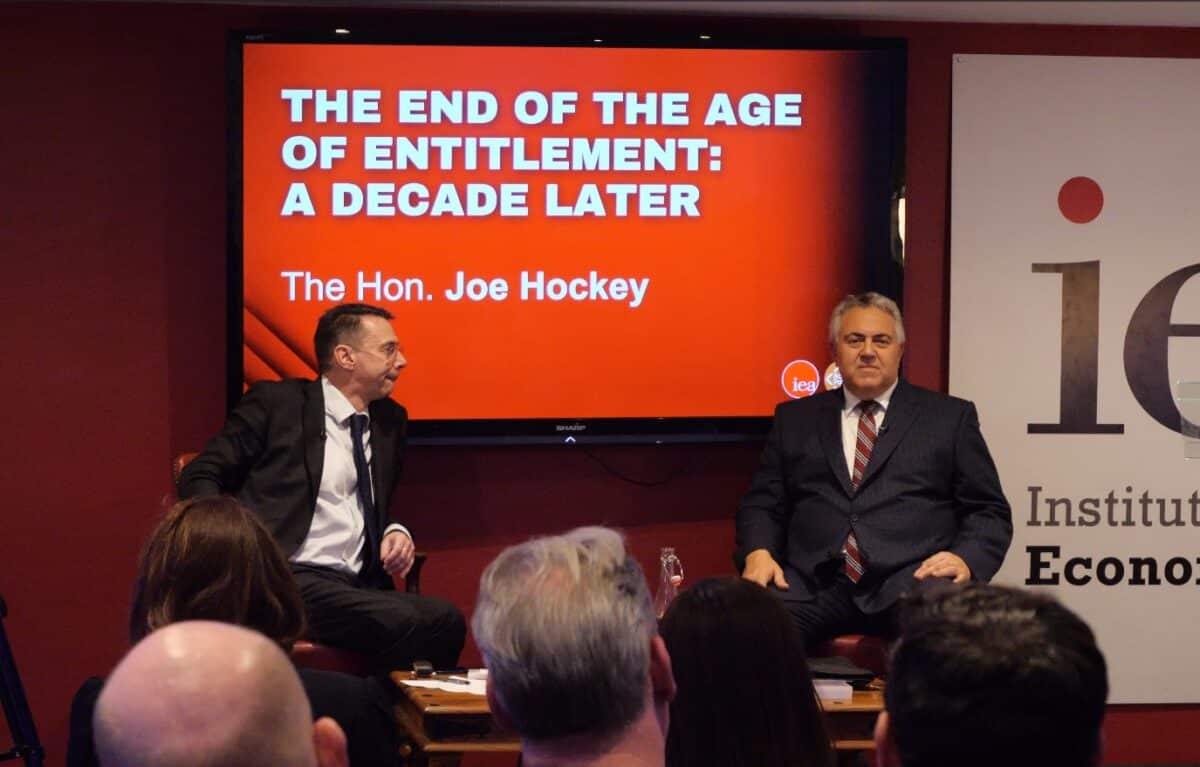Employment data points to economic weakness
SUGGESTED

Julian Jessop quoted in The Daily Express and Guido Fawkes

Joe Hockey's speech featured in The Monthly, Sky News Australia, Sydney Morning Herald, and Financial Review

“Today’s delayed and cobbled-together labour market data give a picture little different from that we saw last month. Employment and the employment rate are down slightly, vacancies rather more so, while unemployment is a bit higher. The buoyancy we saw for so long seems gone out of the jobs market, although pay increases remain higher than expected, just about outstripping inflation to give small real pay increases. We are not in recession, but we are not in a good place either.
“It is disconcerting to see that the Labour Force Survey, long considered the gold standard source of employment data, has become increasingly unfit for purpose as the response rate has nosedived. The use of claimant count and PAYE data, tacked on in this release to supplement the LFS, is all very well; these figures are fairly reliable but they only cover a section of the potential labour force. Moreover they do not have the rich information about individuals which LFS responses give us.
“The ONS is placing great hopes in its planned ‘transformed’ LFS, which is being trialled at the moment and will be fully rolled out next year. This version will have a larger sample size and hopefully a higher response rate. It will, however, be an ‘online first’ survey, with personal visits and telephone calls just as backup. Whether this will improve response remains to be seen. Having recently ploughed through another ONS online survey, I must say that the stamina required to complete these things without personal assistance from an administrator could well be in short supply, and largely confined to people in white-collar jobs.”
ENDS
Notes to Editors
Contact: media@iea.org.uk / 07763 365520
The mission of the Institute of Economic Affairs is to improve understanding of the fundamental institutions of a free society by analysing and expounding the role of markets in solving economic and social problems. The IEA is a registered educational charity and independent of all political parties.



